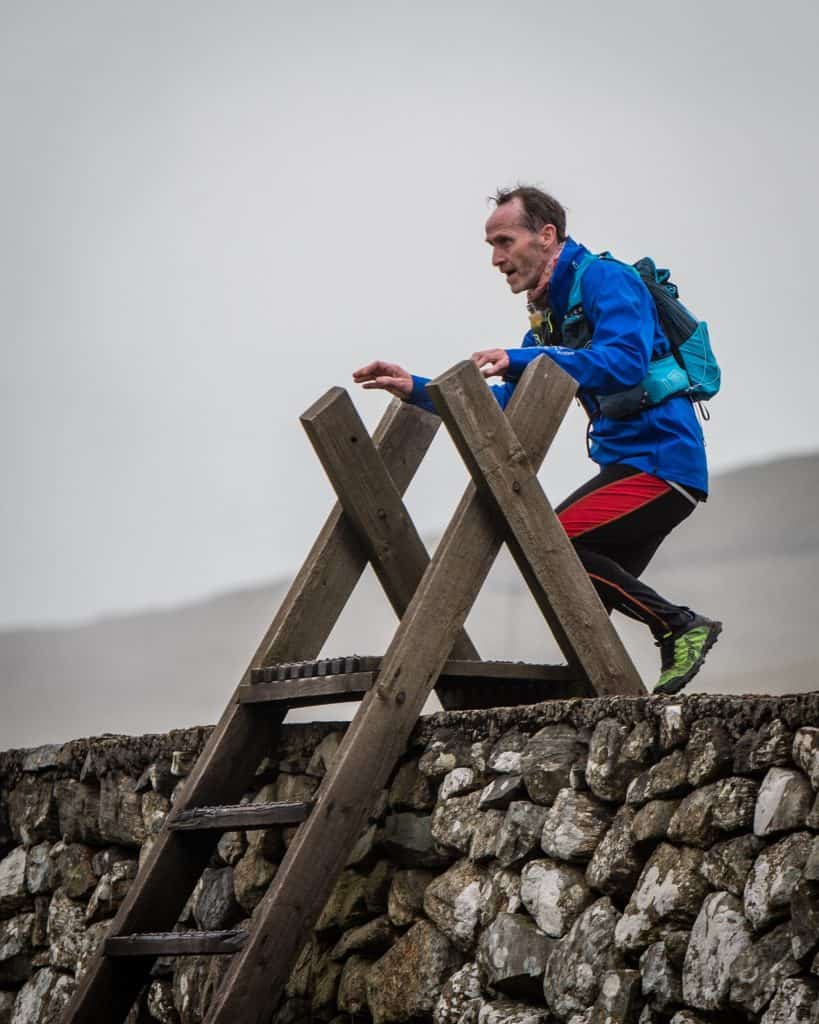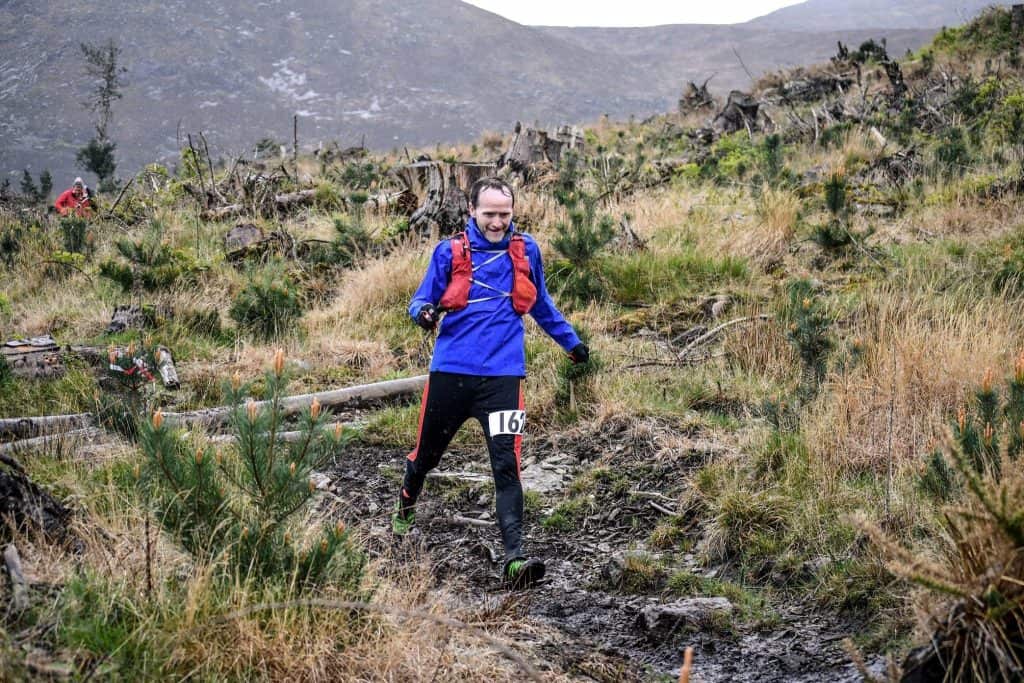
Dr Ciaran McAleenan CEng MICE is the Chair of Institution of Civil Engineers Expert H&S Panel and Lecturer at Ulster University. Ciaran and I have been reading each other for some time and watching many of the same occupational health and safety (OHS) changes. He admitted that some of the questions were challenging, the simplest of questions often are, especially if you have to write down your thoughts.
This series of articles aims to humanise some of the people working in and for OHS. Often we hear or read or, if we are lucky, meet OHS people but rarely get to chat or ask more personal questions. Below are Ciaran’s illuminating answers
How did you get into Health & Safety?
I guess it’s been in my blood from a young age. At 15 I was a qualified life guard and instructor. And since early 20s I have been in civil engineering where I always held that anything I designed should not cause harm. Although initially I probably never thought of things as health and safety. It all just seemed like something that was normal and needed. Later on (maybe early to mid-90s) it became obvious to me that it wasn’t natural and normal for everyone and my inner-educator was released. Since then I have been developing new OHS strategies writing, publishing and teaching. It’s a serious subject but it should also be fun, since the upside to good OHS is enhanced family life and good physical and mental health.
What drives you?
I strongly believe that technologically and intellectually we have the capacity to make zero harm a reality.
What helps you slow down?
By slow down I feel you mean switch off from work and relax a little. In which case I would have to say that I look to my family to keep me sane and for support. In order to sustain my mental health and wellbeing I have many outlets (and more in plan for the future). Work is a means after all, not the end. My release for instance includes:
Mountain running…I’ve been a runner since my early 20s but in recent years discovered the mountains and even when running in a group or a race there is a degree of tranquillity and definitely plenty of time to think.
Additionally, during the lockdown I have turned to learning to play bouzouki, gardening, garden photography and jigsaw puzzles to while away some hours. It’s all good for my mental health and wellbeing.
Any OHS Regrets?
Any workplace death or injury is a regret. But personally no I don’t have any specific OHS regrets.
Favourite fiction writer?
That varies with time and age. I don’t have one favourite. I read everything Billy Connolly writes (some fiction mostly factual) and I love Scott Adams (although he probably would describe himself as a cartoonist who got lucky). In my younger days I was an avid fiction reader and enjoyed Stephen King (Dark! Right?). I now read much more technical and academic material and selected autobiographies although I do enjoy Tolkien, Orwell, Stephen Baxter and from the darker side; Justin Cronin (probably quite interesting for the time we are living in).
What is one OHS trend you are watching keenly?
Prevention through design has been a driver for many years and now there are more and more designers starting to get the concept it’s time to shake it up again and develop a much more positive approach. And that is where I see Philip’s research into ethically aligned/assisted design principles (developed for AI but with wider potential application) being brought into construction safety, health and wellbeing. It is an exciting next step, better integrating worker/society/business in a socially sustainable manner.
Person/s who you watch and take inspiration from in OHS that you think will have an increasing impact in the sector.
I am inspired by progressive thinkers, who get what OHS really means to workers and their families. The first name that springs to mind then for me is Dr Gerry Ayers (CFMEU). I had the pleasure and privilege of working with Gerry as his worker-focussed ideas have been presented in Asia, Europe, Australia and North America. He is a locally engaged globally astute gentleman. My other thought is Dr Philip McAleenan (as my brother you may consider me biased) but he is a deep and clear thinker in this field and his current work on ethically aligned design principles is one to watch out for. Beyond that my list of free thinking OHS people include Dr Mike Behm who work as an educator is inspiring the next generation and two Canadians- Murray Ritchie and Eldeen Pozniak, both of whom bring a distinguished and well thought out perspective to their professional speaking and consultancy practices.
What are you most excited about in our sector?
It’s unlimited potential to bring about a socially responsible world
What’s your favourite quote?
“A single spark can start a prairie fire”
Biggest issue facing the OHS profession?
Not being willing to face its own demise. Now when I say this, I am thinking not of workers losing their jobs more that OHS if it was truly integral to all that we do would not stand alone and therefore neither would an OHS profession. Philip and I wrote some time ago that the OHS profession, in its current form, is effectively neutering the competence of workers though the approach that safety was done to workers not with and for workers. The Quebec City protocol (2003) discussed the essential need for OHS education to be an integral aspect of developing competence and the Irish Supreme Court in the late 20th Century also recognised the integral nature of OHS and competence. Finally getting this right is still a major issue that, if resolved, would allow us all to better deal with the hazardous nature of life and work. We could probably all have coped much better with the current pandemic had OHS and competence been addressed much earlier.

What do you wish you had understood about OHS sooner?
The linkages between ethics, ethically aligned design principles and social responsibility and more specifically how this could lead to improved and enhanced worker OHS.
What would you like to see to improve collaboration in OHS?
I think if OHS professionals see their role as facilitators, working towards a world where workers are competent and capable (that is resourced and authorised to make decisions) and where management see the worker/manager relationship as a partnership for delivery of the service or product.
What should you have been doing whilst you answered this?
Running through and over the mountains.
